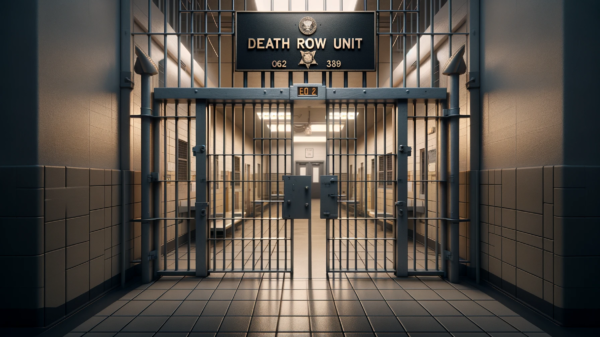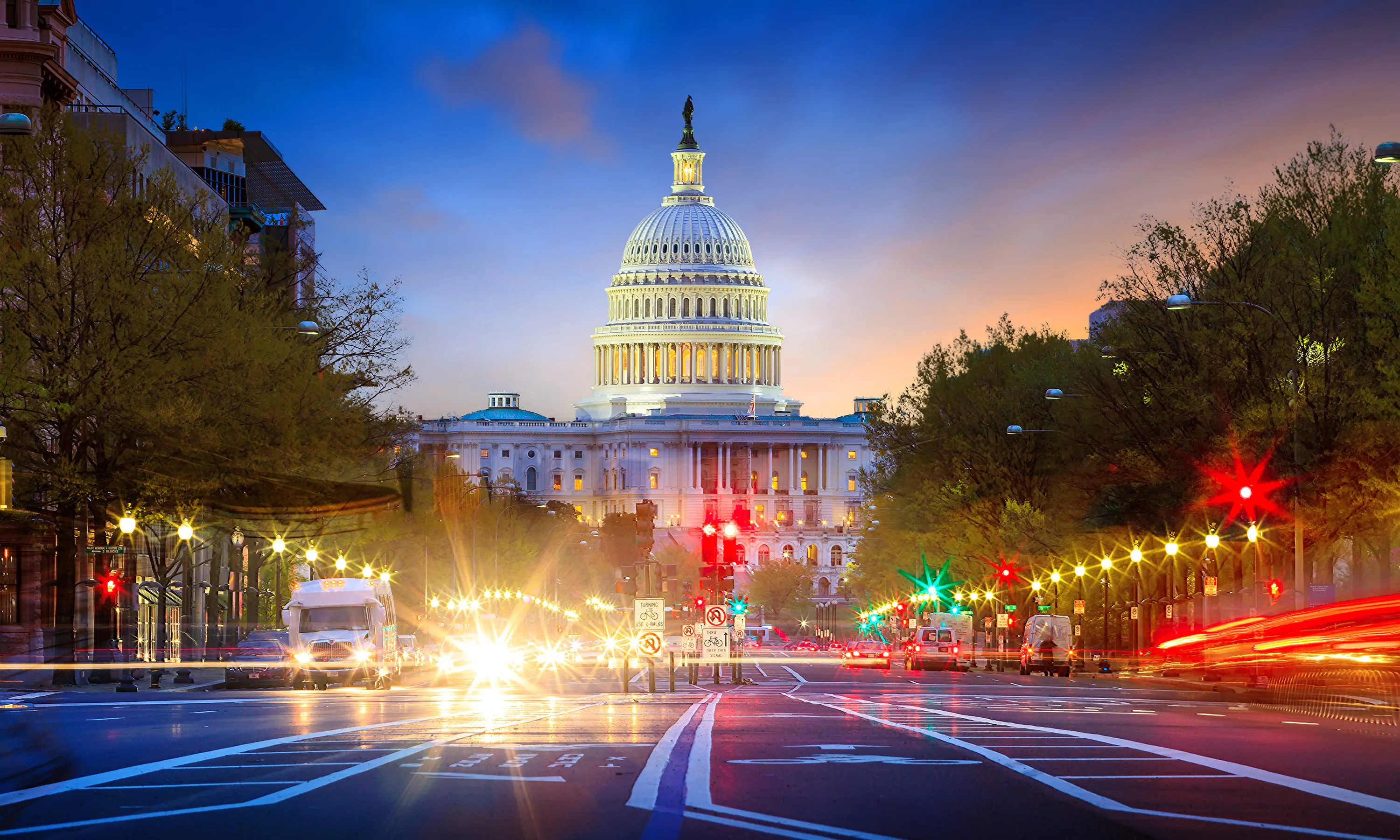U.S. Rep. Mo Brooks, R-Huntsville, said he will vote “no” this week on HR51, a resolution for District of Columbia statehood.
“I will NEVER vote to give Washington, D.C. separate statehood status,” Brooks said. “Washington, D.C. is a CITY, not a state. Its population is roughly one-seventh of Alabama. To add perspective, giving D.C. statehood is the political equivalent of giving Jefferson County, Alabama or the Tennessee Valley separate statehood. That is nuts.”
Based solely on population, Washington D.C. has more residents than Vermont and Wyoming.
“History is in order. The District of Columbia originally was 100 square miles (10 miles square). Part of D.C. was in Maryland, part was in Virginia,” Brooks explained. “In 1846, the Virginia part of D.C. was given back to Virginia, leaving only the Maryland portion of D.C. still in D.C. These former D.C.-now-Virginia residents had the right to vote on U.S. Senators once Senators became elected rather than appointed.”
“If D.C. residents want to vote on U.S. Senators, fine,” Brooks continued. “That can be done by following historical precedence and giving the residential portion of D.C. back to Maryland, keeping the federal government portion (Capitol, White House, monuments, the Mall, federal buildings, and the like) in D.C. But this option won’t be offered because Socialist Democrats don’t care one twit about D.C. residents voting on U.S. Senators, rather, their goal is two more guaranteed Socialist Democrat Senators.”
“If offered, I will vote to return residential portions of D.C. to Maryland, thus giving D.C. citizens the power to vote on Maryland’s two U.S. Senators,” Brooks offered. “That option is consistent with historical precedence. But, I will never vote to give a single, middling-size city the same political power as one of America’s 50 states.”
The House of Representatives will vote on D.C. statehood on Friday.
Speaker of the House Nancy Pelosi, D-California, made the announcement at a press conference on Thursday.
The District of Columbia is represented by Congresswoman Eleanor Holmes Norton, who cannot vote on legislation. Norton said that Democrats have enough votes for the bill to pass. It likely will not be seriously considered in the U.S. Senate.
Senate Majority Leader Mitch McConnell opposes statehood, and has vowed not to let the bill come to a vote in the Senate while he is Majority leader.
There are currently 50 states in the Union. Alaska and Hawaii were the last two states to enter the union. They were both admitted in 1959.





















































